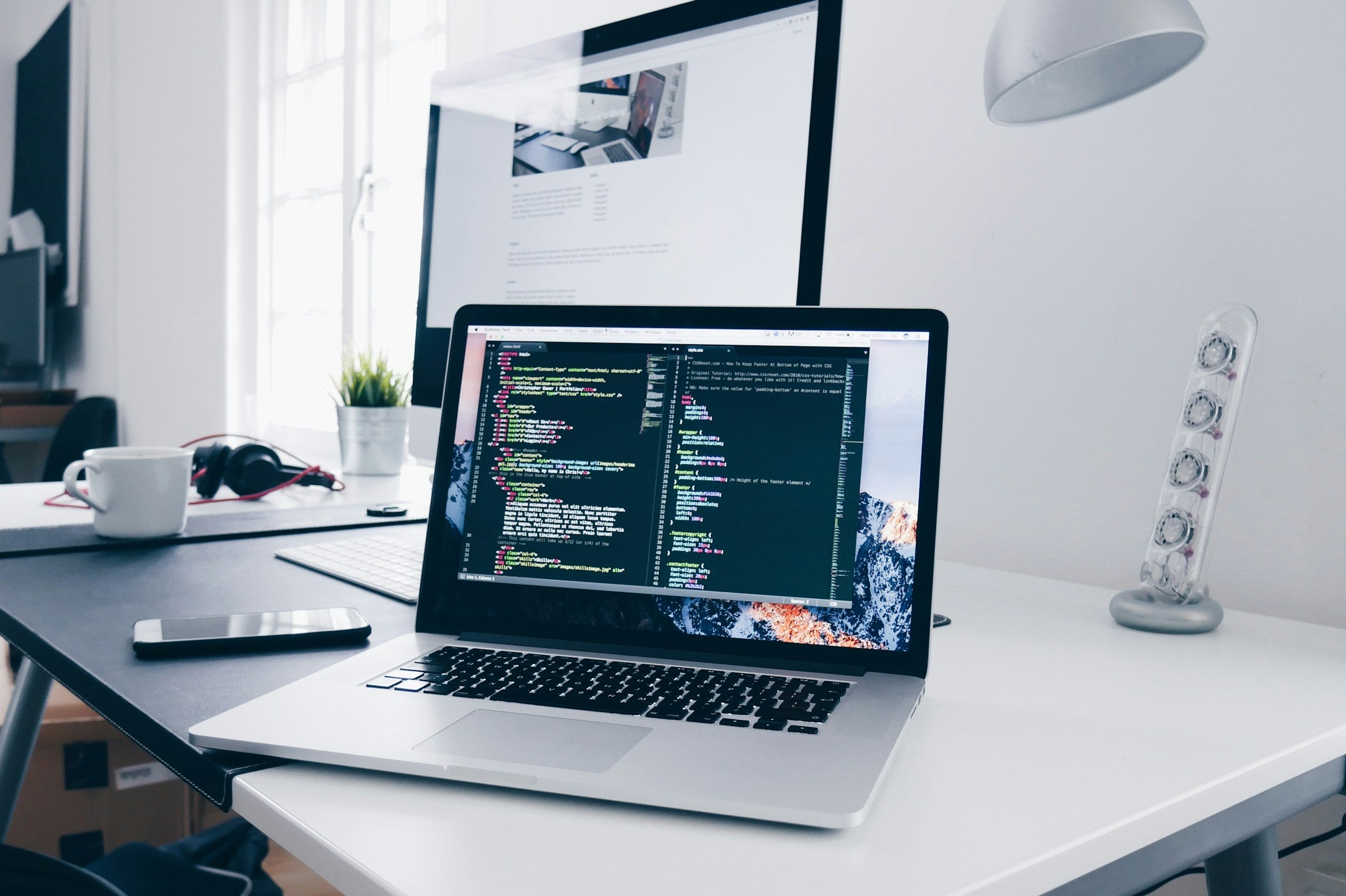As digital technology becomes increasingly integral to our lives, laptops have become essential tools. However, they are also exposed to growing security threats. Whether it's protecting personal privacy or securing business information, ensuring good laptop security settings is vital. This article will provide an overview of how to effectively secure your laptop, protecting it from a variety of cyberattacks and data breaches.
1. Install and Update Security Software
Ensure that your laptop is equipped with reliable security software, including antivirus software, anti-spyware tools, and firewalls. Security software not only helps you detect potential viruses and malware but also prevents unauthorized programs and files from entering your device.
It is crucial to regularly check and update your security software's database, as new viruses and malware are emerging daily. By setting up automatic updates, you ensure that your system remains protected against the latest threats.

2. Enable the Operating System’s Firewall and Encryption Features
Operating systems typically offer built-in firewall and encryption features. For example, Windows has an integrated firewall that can effectively block unnecessary external access. Make sure this feature is enabled and configured to prevent all unnecessary inbound and outbound connections.
Encryption tools are also essential for protecting data stored on your hard drive from unauthorized access. Both Windows and macOS offer built-in encryption tools (e.g., BitLocker and FileVault) that can encrypt your hard drive and require a password to access the data, preventing data leaks if the device is lost or stolen.
3. Set Strong Passwords and Enable Multi-Factor Authentication
Passwords are the first line of defense in laptop security. Make sure your passwords are complex and difficult to guess—avoid using easily guessable information like your birthdate or name. A good password should include a combination of letters, numbers, and special characters, and it’s advisable not to reuse passwords across multiple accounts.
Additionally, multi-factor authentication (MFA) is an important step to enhance security. MFA requires users to provide multiple forms of verification during login, such as a phone code, fingerprint recognition, or facial recognition. This significantly reduces the risk of password theft and increases account security.

4. Regularly Backup Your Data
Despite taking all the necessary security measures, data loss or device failure can still happen. Therefore, regular backups are essential. You can use external hard drives, cloud storage services, or network backup tools to back up your files, ensuring you can recover important data in the event of unforeseen circumstances.
5. Manage Device Permissions
Managing device permissions is an essential part of laptop security. Restrict administrator privileges to only those who need them, and prevent the installation of unnecessary programs or applications. Regularly review and delete unused software and files to reduce potential security risks.

6. Enable Screen Lock and Remote Wipe Features
If you frequently use your laptop in public places or while traveling, enabling the screen lock feature is highly recommended. Screen lock will automatically secure your device after a period of inactivity and require a password or fingerprint to access it. This prevents unauthorized use if you leave your laptop unattended.
Moreover, many laptops offer a remote wipe feature. In case your laptop is lost or stolen, you can remotely
erase all data from the device, ensuring that sensitive information does not fall into the wrong hands.
7. Choose a Secure and Reliable Laptop
Choosing a laptop with built-in security features is the foundation of ensuring device security. Auusda laptops are equipped with the latest security technologies, including hardware-based encryption and Trusted Platform Module (TPM), to help safeguard your sensitive data. The Auusda T1568 and Auusda T159R series laptops not only offer exceptional performance but also provide multi-layered security features. These models support fingerprint recognition, facial recognition, and advanced encryption, ensuring your data remains secure at all times.

8. Use a VPN and Secure Network Connections
When connecting to public Wi-Fi networks, it’s strongly recommended to use a Virtual Private Network (VPN) to encrypt your network connection. A VPN can hide your IP address and protect your online activities from being intercepted. Whether you’re in a coffee shop, airport, or hotel, using a VPN greatly enhances your security and helps prevent data breaches or cyberattacks.
9. Regularly Check and Clean Your Device
Regularly check your laptop for security vulnerabilities or potential threats. For instance, ensure that the operating system and software are up to date with the latest security patches. Additionally, periodically clean your browser cache, history, and unnecessary files to reduce privacy risks and free up storage space.

Conclusion
Laptop security is not only about protecting the device itself but also about safeguarding our personal information. By following the above steps, you can significantly enhance your laptop's security and reduce the risk of cyberattacks. Additionally, selecting a high-security and high-performance laptop is crucial for maintaining safety. Auusda, with its cost-effective product line, has helped numerous users achieve secure and efficient work and life experiences.
If you’re looking for a reliable and secure laptop, look no further than Auusda’s range of laptops. Visit our official website at Auusda.store to explore our products and make your purchase. Secure your digital life with Auusda today.


